Neha Pandey Deoras in Mumbai
A survey by the Reserve Bank of India has found urban households expect inflation at 13.3 per cent in December 2012, higher than the 12.9 per cent perceived for September 2012.
And, the rise is anticipated mainly on account of food price movements.
Kolkata-based homemaker Shubha Ojha shares the fear.
"The government should look at bringing down prices of all food and related articles like fruit and liquefied petroleum gas.
. . .
Rein in prices, say homemakers
"I know these prices are largely driven by global pricess, but we cannot console ourselves on that. The finance minister is a veteran, but has hardly done anything to give respite to the common man," says the 50-year-old.
"Look how petrol prices keep rising every other day. Now there is also talk of deregulating diesel. Owning a vehicle has become difficult, especially in metros," Ojha adds.
A recent report by rating agency Crisil says the petroleum pricing regime increases the subsidy burden, making retail prices unpredictable.
. . .
Rein in prices, say homemakers
This, in turn, makes accurate inflation forecast difficult.
Without accurate forecasts, monetary policy cannot control inflation, as changes in interest rates affect inflation with a lag.
"Aligning global and domestic prices will reduce the abrupt changes in administered prices. This will not only cut the subsidy burden but also rationalise demand for these products," said D K Joshi, chief economist of Crisil.
Radha Mishra of Mumbai agrees.
"Data shows inflation is down, but I see little difference in my monthly budget, say three-four per cent.
. . .
Rein in prices, say homemakers
"Provisioning for fruits, milk and LPG hasn't helped, as their prices havn't ebbed. If I were a non-vegetarian, my budget would have got worse," Mishra says.
She feels the government should learn from last year's experience and adopt some method to help the common man.
"I understand you have to raise interest rates to keep inflation under control, but I am sure this is not the only way," says this agitated homemaker.
The Crisil report says between April 2006 and January 2012, Wholesale Price Index has consistently surpassed RBI's comfort limit of five per cent. It rose 6.9 per cent, from 4.7 per cent in the preceding five years.
The Average annual Consumer Price Index rise was up nine per cent from 4.1 per cent during the same period.
. . .
Rein in prices, say homemakers
"To reduce and stabilise inflation, Budget 2012 needs to lay out a credible roadmap to cut the fiscal deficit-GDP ratio by restraining consumption expenditure.
"Creating fiscal space through expenditure reforms will enable the government to invest in agriculture and infrastructure, where supply is deficient," said Roopa Kudva, managing director and chief executive officer, Crisil.
Pune-based Delnaaz Mistry draws attention to areas where the government has made some moves in the last couple of Budgets. But, even these have failed the common man.
For instance, Budget 2011 saw priority housing loans being raised to Rs 25 lakhs (Rs 2.5 million) from Rs 20 crores (Rs 200 million).
While this was good news, it did not help those residing in metros, as no decent house falls in that bracket.
. . .
Rein in prices, say homemakers
"Even in Pune's suburbs like Wakad and Wagholi, a 700 sq ft 2-BHK apartment easily costs Rs 30-32 lakhs (Rs 3-3.2 million).
Mumbai and Bengaluru are worse off.
Builders command such prices even when these residential complexes do not have proper water supply or roads to reach there.
I feel the government should also mandate these amenities," Mistry says.
She says healthcare and education costs are basic necessities but their costs are soaring.
. . .
Rein in prices, say homemakers
"When my son was admitted in school, I used to pay Rs 500 as tuition fee, besides uniform, books and stationery cost. Today, schools ask for Rs 100,000 as annual tuition fee for kindergarten," she points out.
High prices have hit household budgets and reduced their saving power. Ojha does not believe the government will do anything but make excuses about limitations.
"Even if they do something about it now, prices will go up once the government is back in power," she says. Given the current high interest rates and inflation, the government should give some relief in income tax rates to help save more, she says.

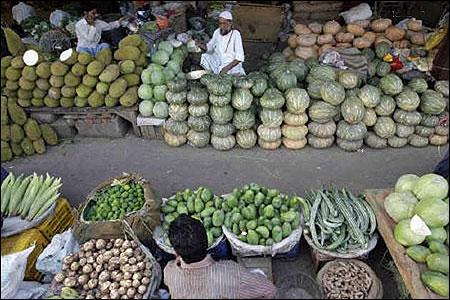
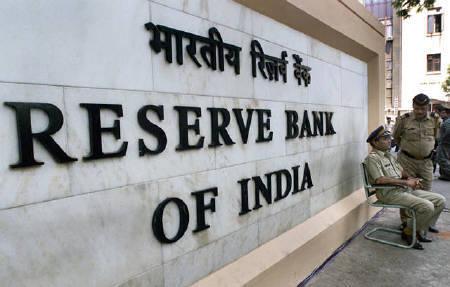

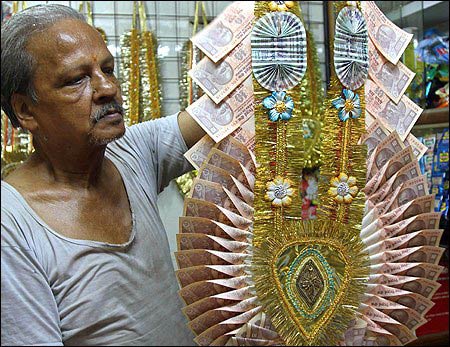
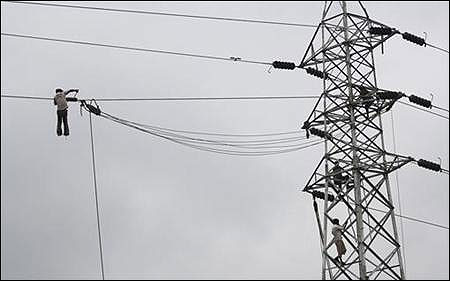
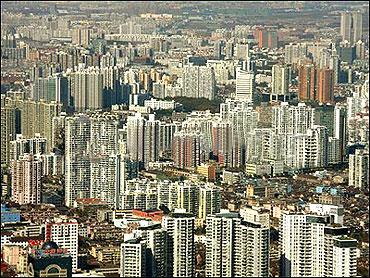
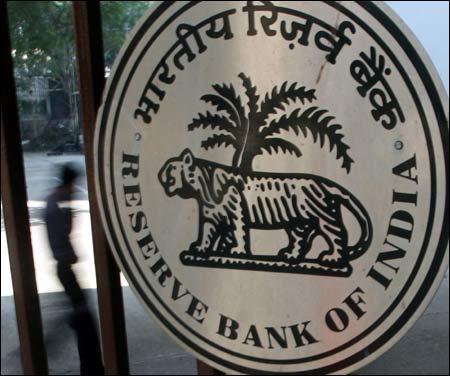

article